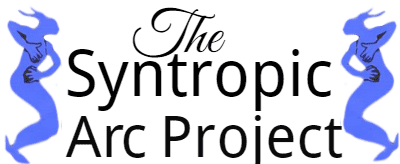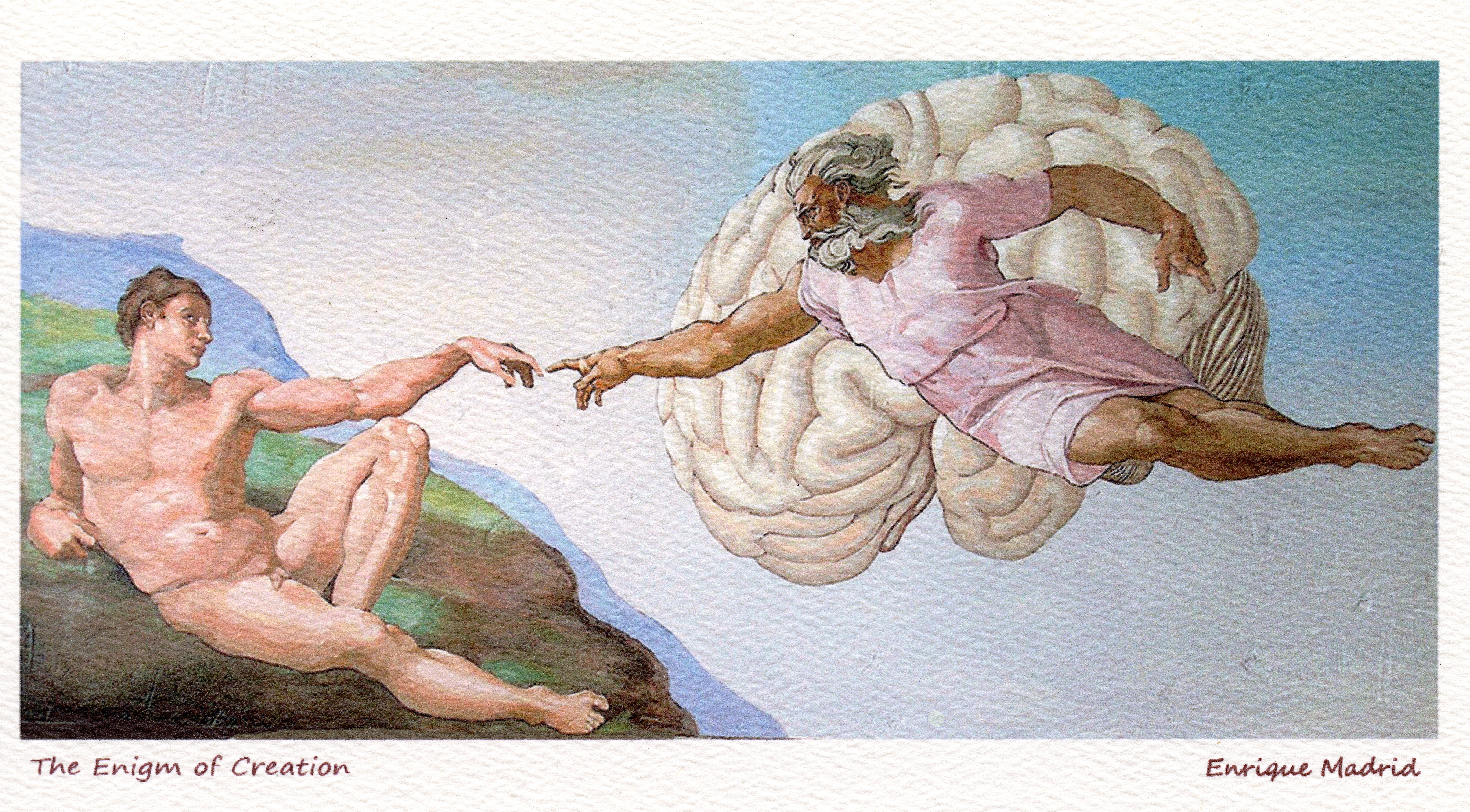But is there a trend toward self-destruction? Does the increase in terrorism, global warming, and nuclear proliferation portend something deeper that we’re missing? What we are missing may a long-term effect on consciousness that is determined by some of the values intrinsic to the European Enlightenment and/or to the values that accompany the ideologies of capitalism and socialism. If so, we may be able to change the course of history by modifying those value systems without giving up their beneficial values.
Edward O. Wilson has described us as “the poetic species,” and the poets and artists among us may require more of our attention as they lay out their observations on our lives. Take for some examples the following:
Samuel Becket: “Poets are the sense and philosophers are the intelligence of humanity.”
Federico García Lorca: “…Those who go out early know in their bones
there will be no paradise or loves that bloom and die:
they know they will be mired in numbers and laws,
in mindless games, in fruitless labors.
The light is buried under chains and noises
in the impudent challenge of rootless science.
And crowds stagger sleeplessly through the boroughs
as if they had just escaped a shipwreck of blood.”
William Butler Yeats: “Turning and turning in the widening gyre. The falcon cannot hear the falconer. The center cannot hold.”
Leonard Cohen: “I’ve seen the future, brother, it is murder. Things are going to slide…slide in all directions. Won’t be nothing you can measure anymore. The blizzard, the blizzard of the world has crossed the threshold, and it’s overturned the order of the soul.”
Percy Bysshe Shelley: “Poets are the unacknowledged legislators of the world.”
Elements of poetry appeared early in the evolution of consciousness and remain powerfully present in our thinking today. Consciousness is a complex mix, however, and all the elements of consciousness, including analytic reason, have come together by a process of biological evolution influenced by longstanding culturally based ideologies. Nothing can be ripped out of the fabric of consciousness, however, and every element of consciousness makes its contributions on multiple levels. Clearly, human consciousness has changed over time, and the various influences on consciousness from belief systems as well as factors thought to be external to consciousness deserve urgent study.
Exactly how and when human consciousness first appeared remains a mystery, but we generally think of it as appearing with a recognition of our immortality as evidenced by burial rituals as well as with the first appearances of tool making, language and symbolic art. Early on the issue of survival was much more prominent than it is today. Could that be a crucial element in the trends toward extinction?
We know, of course, that there are other trends toward a more technologically sophisticated world that improves our adaptive intelligence and our ability to communicate and integrate with cultures different from the one in which we grew up. What we don’t know is which trend will prove to be the more dominant and what overreach, i.e., what undetected triggers of positive feedback loops that lead to irreversible loss of control, may have already been set in motion. Any form of human consciousness that is not concerned with these issues is not adaptively intelligent and is, therefore, subject to a higher risk of extinction.
Association and analogy are elements that are paramount in poetry and essential to consciousness, but these are only part of the spectrum of consciousness that we will be addressing. Further, consciousness would continue to evolve through various stages even without our consciously-guided evolution. Consciousness, for example, was once focused more on the I and Thou of lovers, families, and small communities. But no longer. The globalization of everything tugs at the edges of every conscious mind.
Socioeconomic and political processes beg for explanations and regulation by the conscious mind. Therefore, some further definitions: special interests are those who would take for themselves more than an authentic democratic process would allot them. Common interests are those shared equally by everyone in a society self-governed by authentic democratic means. Particular interests are those of persons who through accidents of birth, injuries, illness, or past social injustices are in need of additional allotments by democratic communities in order to maintain lives of dignity and equality before the law as well as “spiritual equality.”


This is an idea whose time has come. Thank you Will Foreman for your unrelenting effort to build better societies for all to live in.
Glad you found it useful.
Be safe,
Will